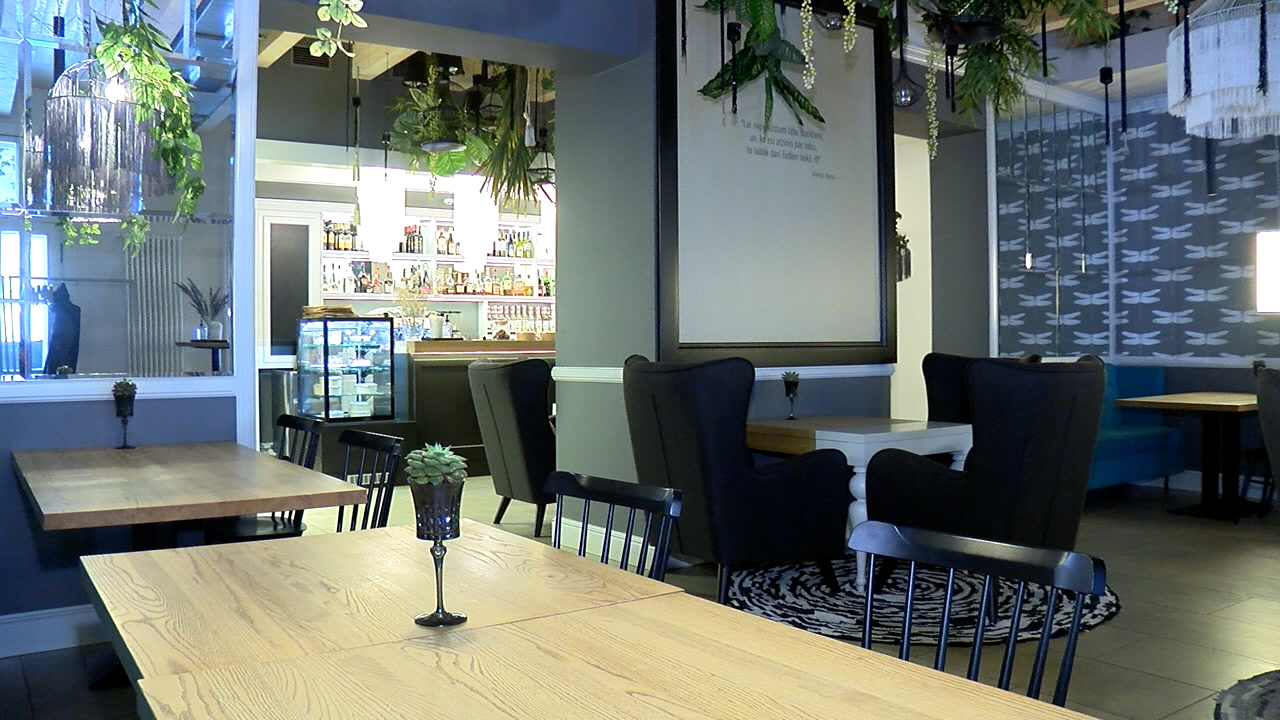“This is a farewell letter. August will be the last full month of our operation. Becco is closed in September,” the owners of a popular Italian restaurant in Cēsis wrote on Facebook. The restaurant had been open for four years, surviving through the pandemic. Unwilling to speak in front of the camera, the owners of the pizzeria said in a telephone call that they had received the August bills and realized they were unwilling to get into debt. The doors of Valmiera's popular restaurant, “Vecpuisis,” are also already closed.
Owners of other restaurants do not hide their despair.
The co-owner of the “Vairāk saules” restaurant chain, chef Endijs Bērziņš said: “I'm telling the story of one restaurant's bill: it used to be €1,800, the war began, and it was €3,500; in June and July, €5,500, and it's just electricity. We understand – it's war, it's hard, okay, forget about profit, hold your breath, go through... The August bill is €9,200. It just wipes off all common sense.”
Bērziņš said electricity bills have become “astronomical” despite the fact that consumption has been reduced by around 10% in various ways.
This example illustrates the situation in the whole sector for which difficult times started during the Covid pandemic. The crisis has deepened due to the war, both because of the scarcity of tourists and the cost of energy resources, but the support mechanisms do not follow. The tax burden on catering services is also not reduced compared to other countries of the European Union.
Jānis Hermanis, financial and tax expert of the Latvian Employers' Confederation, said: “The period is very long, and it is dependent on endurance. At some point there may be a serial withdrawal from the game.”
Jānis Jenzis, president of the Latvian Restaurant Association, said: "There are a lot of questions about our competitiveness in the region; if Lithuanian entrepreneurs are more competitive because of this reduced [tax] rate, or Estonians are more competitive because they had [less strict] restrictions of the pandemic, there is a high risk that these entrepreneurs will enter our market because we are in a single, common market. And buy our businesses, which is happening at the moment. "
The industry emphasized the need for changes to the tax system, as well as support for households in order to prevent people from completely abandoning the habit of eating outside the house for austerity purposes.
Representatives of catering companies are proposing that suppliers set the energy price ceiling and act immediately, not sometime in the future. Otherwise, the pots and pans will have to go to the side and the doors will be closed.






























